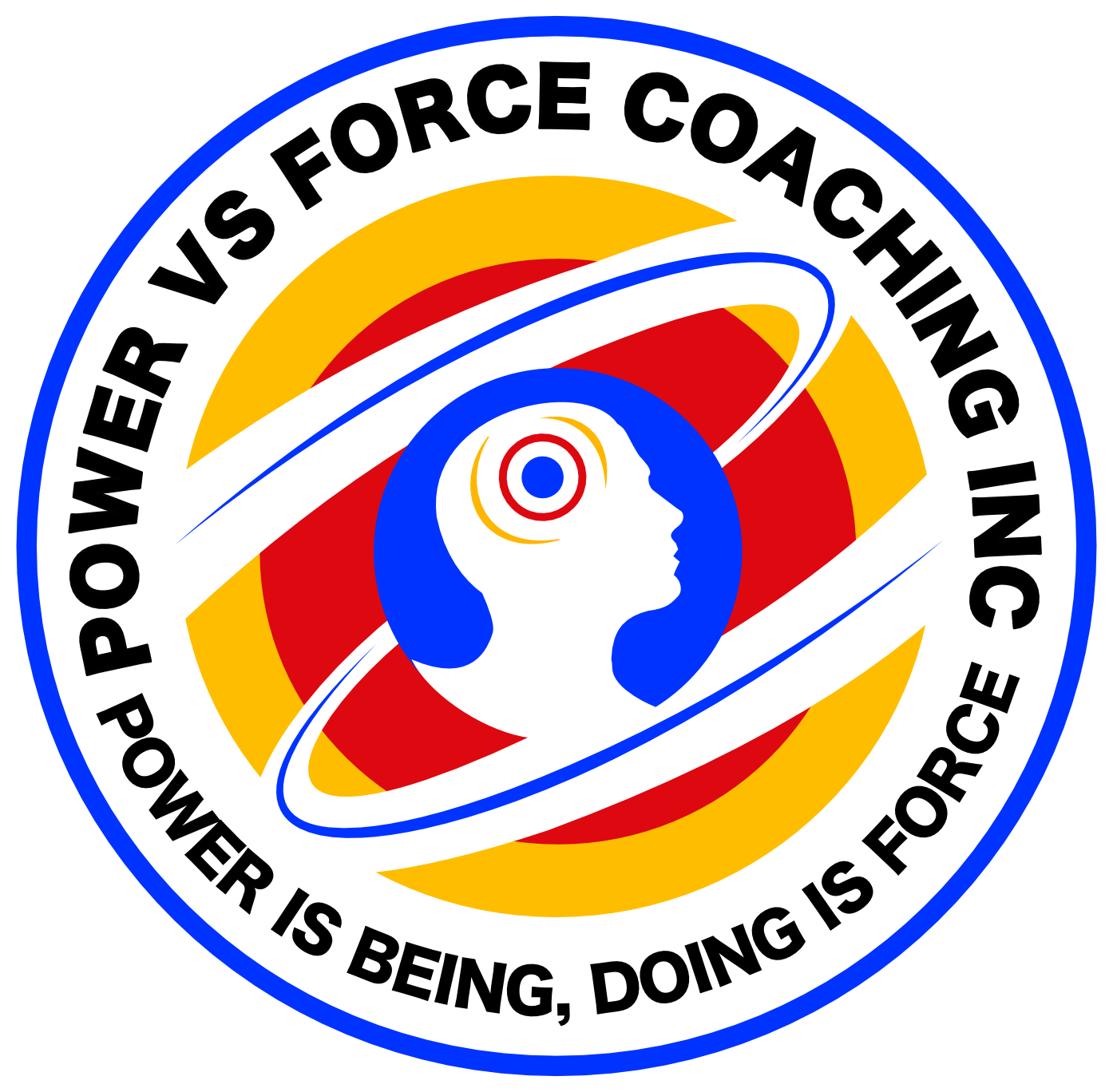A Guide for Teenage Hockey Players and Their Parents
For teenage hockey players, opportunities like drafts and invites can be both exciting and daunting. These milestones often come with high expectations and immense pressure, not just from the players themselves but also from their parents, coaches, and peers. Managing these expectations is essential to ensure that the journey remains enjoyable and that the players stay focused on their growth and love for the game. As a COR.E Performance Specialist (mental mindset coach), I aim to provide insights and strategies to help teenage hockey players and their parents navigate this part of the hockey journey with an open mindset.
The Pressure of High Expectations
When a teenage hockey player receives a draft or invite, it is a testament to their hard work and talent. However, this recognition can also lead to increased pressure. Players might feel that their entire future hinges on this one opportunity, leading to anxiety and stress reactions. Parents, too, can contribute to this pressure, sometimes inadvertently, by placing too much emphasis on the outcome rather than the journey.
The Importance of Enjoying the Process
One of the key aspects of managing expectations is to focus on enjoying the process rather than getting fixated on the outcomes. Here’s why:
- Growth Mindset: Emphasizing the process encourages a growth mindset. Players learn to value effort, improvement, and learning over winning or being drafted. This mindset helps them to view challenges as opportunities for growth rather than threats to their success.
- Resilience: By enjoying the journey, players develop resilience. They understand that setbacks are part of the game and not a reflection of their worth. This resilience is crucial for long-term success both on and off the ice.
- Passion for the Game: Maintaining a love for hockey is vital. When players enjoy the process, they are more likely to stay passionate about the game. This passion fuels their motivation and dedication, which are essential for sustained performance.
Strategies for Players
- Set Personal Goals: Focus on setting personal goals that are within your control, such as improving your skating speed or developing better puck-handling skills. These goals should be specific, measurable, and achievable.
- Practice Mindfulness: Incorporate mindfulness practices into your routine. Techniques like deep breathing, meditation, and visualization can help you stay present and reduce anxiety about future events.
- Celebrate Small Wins: Acknowledge and celebrate small achievements along the way. This could be mastering a new skill or playing a good game. Recognizing these moments helps build confidence and keeps you motivated.
- Stay Balanced: Ensure that hockey does not consume all your time. Maintain a balance between hockey, academics, and social life. This balance is essential for your overall well-being and prevents burnout.
Strategies for Parents
- Support Without Pressure: Be supportive and encouraging without placing undue pressure on your child. Show interest in their progress and efforts rather than focusing solely on the outcomes.
- Communicate Openly: Keep the lines of communication with your child. Encourage them to express their feelings and concerns. Listen actively and provide reassurance and guidance when needed.
- Model Resilience: Demonstrate resilience and a positive attitude towards setbacks. Your child will learn to cope with disappointments by observing how you handle challenging situations.
- Focus on Long-Term Development: Keep the bigger picture in mind. Understand that a single draft or invite is not the ultimate determinant of your child’s future. Focus on their overall development as an athlete and a person.
Reflective Questions
For players and parents, reflecting on the following questions can help manage expectations and maintain a healthy perspective:
- What do I enjoy most about playing hockey?
- How can I celebrate my progress and small achievements?
- What personal goals can I set that are within my control?
- How can I maintain a balance between hockey and other aspects of my life?
- As a parent, how can I support my child without adding pressure?
- What can I do to help my child develop resilience and a positive attitude towards
setbacks?
Where the Rubber Hits the Road
Managing expectations and pressure around opportunities like drafts and invites is important fo the well-being and success of teenage hockey players. By focusing on enjoying the process, setting personal goals, practicing mindfulness, and maintaining a balanced perspective, players can navigate these opportunities with confidence and resilience. Parents play a crucial role in providing support and fostering a positive environment that emphasizes growth and development over outcomes. Together, players and parents can ensure that the journey remains enjoyable and fulfilling, paving the way for long-term success both on and off the ice.





